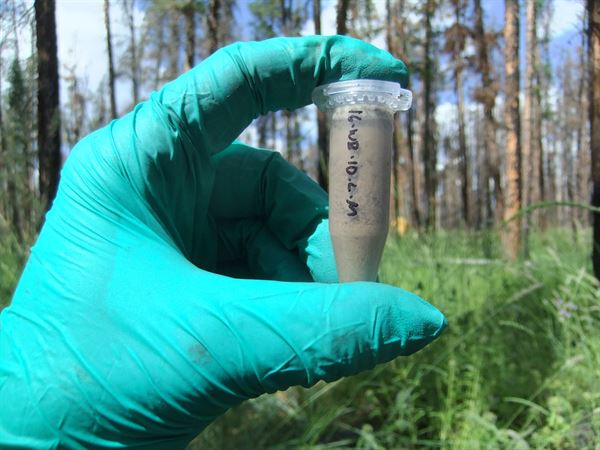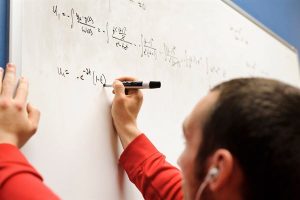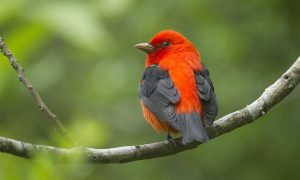7.17.18 | UW–Madison News | Natasha Kassulke | Original Publication

Ten highly innovative projects ranging from creation of a data pipeline for freshwater science data repositories to characterizing the variations of gut microbial composition with age and age-related inflammation and diseases, have been chosen to receive University of Wisconsin–Madison Data Science Initiative funding.
The projects, with an average award amount of $194,000, were selected from 54 proposals submitted from across the UW–Madison campus. The Data Science Initiative is funded by the Chancellor’s Office, Office of the Vice Chancellor for Research and Graduate Education (VCRGE), Wisconsin Alumni Research Foundation and the Graduate School.
The projects were first reviewed by 49 members of the UW–Madison faculty. A data science committee of seven faculty appointed by the VCRGE next met to evaluate the merits of each project based on the faculty reviews and the project’s potential for making significant contributions. Funded projects include 32 faculty and academic staff investigators from six of UW–Madison’s schools and colleges.

“These projects collectively demonstrate the broad range of new research questions that can be answered when novel approaches to analyzing high volume data sets are applied,” says Norman Drinkwater, interim vice chancellor for research and graduate education. “We expect these projects will have significant ongoing value and permit new and innovative research to be built on existing information. The diversity of the projects is evidence of the broad impact data science has at UW–Madison.”
Winning projects and principal investigators are:
- Addressing Misclassification in the Microbiome: A Data-scientific Approach to Propagating Uncertainty in Microbial Community Composition; Thea Whitman, Soil Science
- A Novel Longitudinal Study of the Association between the Gut Microbiome and Aging; ZhengZheng Tang, Biostatistics and Medical Informatics
- Big Data Ecology – Advancing the Study of Climate Change Vulnerability through Data Science; Benjamin Zuckerberg, Forest and Wildlife Ecology
- Development of Peptide Array Signal Detection Methods for Immune Profiling; Irene Ong, Obstetrics and Gynecology
- National-Scale Freshwater Research through Data Science; Paul Hanson, Center for Limnology
- Network-based Analysis of Cellular Heterogeneity; Sushmita Roy, Biostatistics and Medical Informatics and Wisconsin Institute for Discovery

- Robust Mendelian Randomization Methods to Identify Causal Risk Factors for Alzheimer’s Disease; Hyunseung Kang, Statistics
- Statistical Methods and Software for 10x Genomics Data; Christina Kendziorski, Biostatistics and Medical Informatics
- The Power of Data in Partial Differential Equations Models; Qin Li, Mathematics
- Using Data Science to Transform Global Supply Chains and Make Progress in Saving the Amazon Rainforest; Holly Gibbs, Geography and Environmental Studies
To learn more and read project descriptions, visit research.wisc.edu.